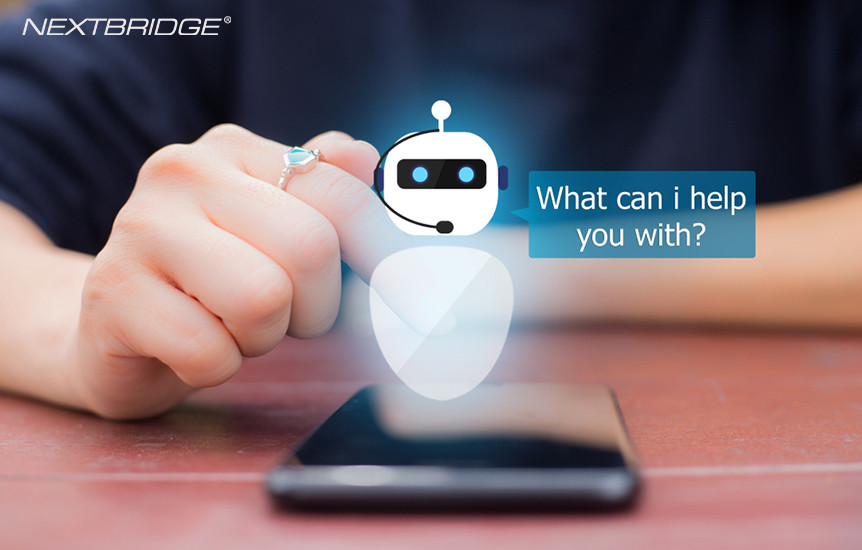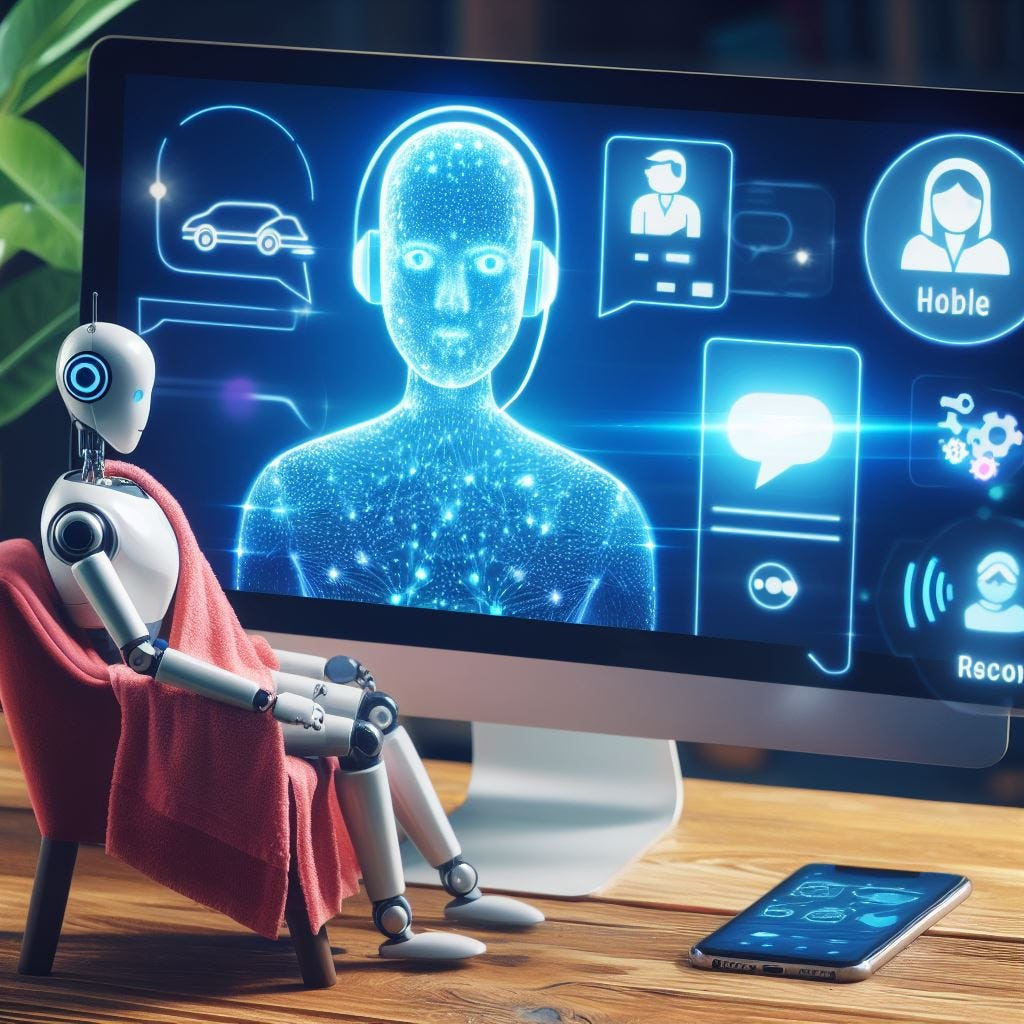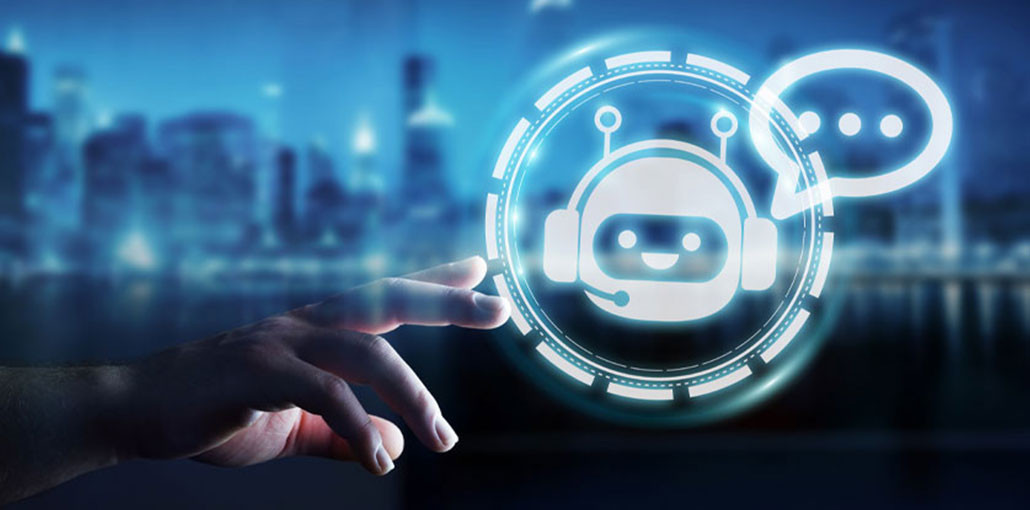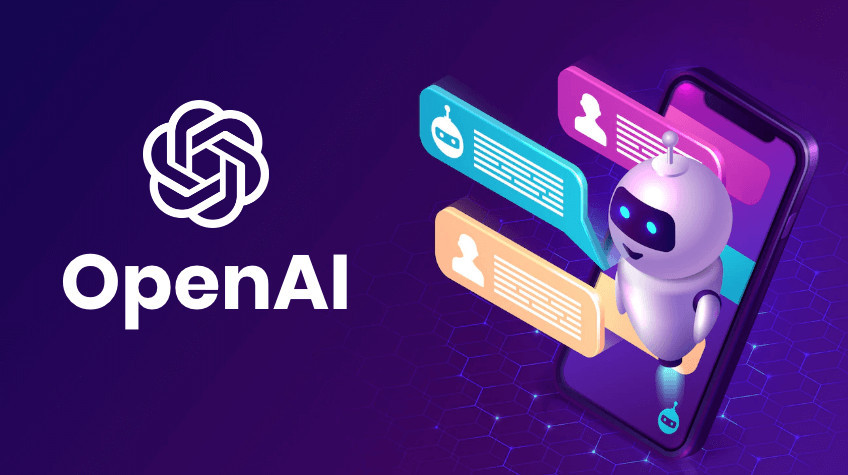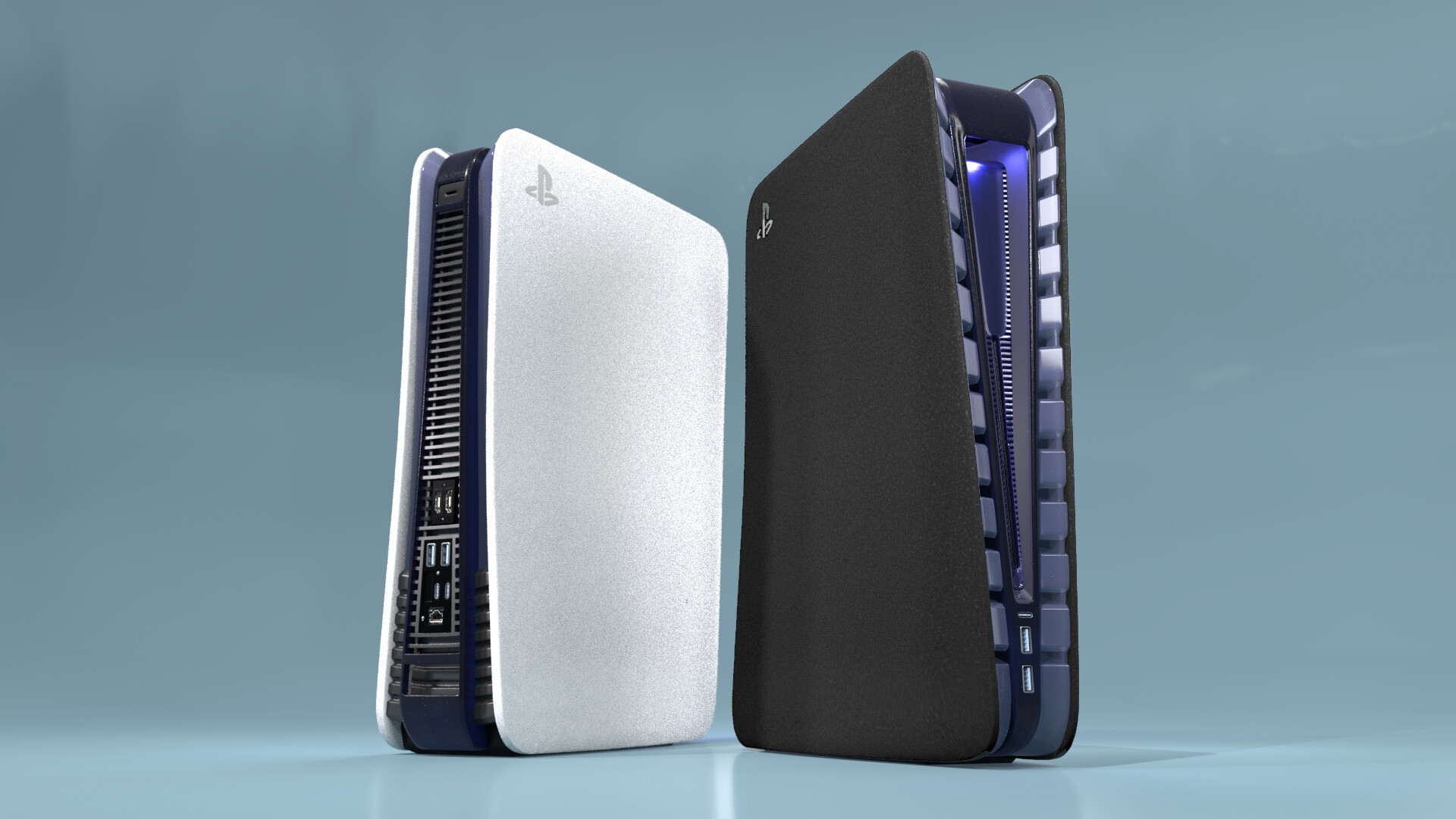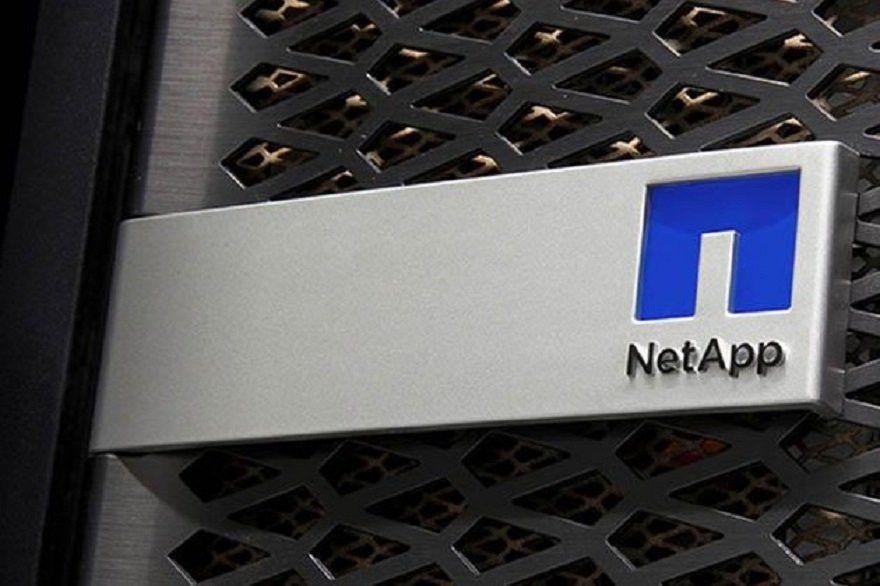The Rise of AI Chatbots: A New Era of Automation
The world of technology is rapidly evolving, and one of the most significant advancements is the emergence of artificial intelligence (AI) chatbots. These sophisticated programs, powered by machine learning algorithms, are designed to mimic human conversation and provide personalized responses. From customer service representatives to personal assistants, AI chatbots are already making their mark on various industries, leading to a surge in both excitement and concern.
AI Chatbots: Reshaping Industries
The impact of AI chatbots on industries is undeniable. In customer service, they are revolutionizing the way businesses interact with customers, providing 24/7 support, instant responses, and personalized interactions. For instance, AI-powered chatbots are now widely used by e-commerce companies to handle customer inquiries, track orders, and resolve issues quickly and efficiently. The use of AI chatbots in customer service is not just limited to large corporations; even small businesses are now adopting them to streamline operations and improve customer experience.
Beyond Customer Service
The capabilities of AI chatbots extend far beyond customer service. In healthcare, they are being used to provide patients with personalized health advice and information, schedule appointments, and even monitor their health remotely. In education, they are aiding in personalized learning experiences by providing students with customized support and guidance. And in the financial sector, they are helping to automate tasks like account management and fraud detection.
The Job Displacement Debate: A Looming Threat?
The rapid adoption of AI chatbots has raised concerns about job displacement. Some experts argue that AI chatbots are likely to automate many tasks currently performed by human workers, leading to mass unemployment. Others believe that while AI chatbots may displace some jobs, they will also create new opportunities in areas such as AI development and maintenance. The debate over job displacement is complex, and there is no easy answer.
AI Chatbots and the Future of Work
One thing is certain: AI chatbots are transforming the workplace. As these technologies become more sophisticated, it is essential to prepare for the changes they will bring. This includes investing in education and training programs to equip workers with the skills needed to succeed in a world where AI is increasingly prevalent. The future of work will be shaped by the interplay between human intelligence and AI, and embracing this dynamic will be key to navigating the challenges and opportunities ahead.
Beyond Automation: The Potential of AI Chatbots
While job displacement is a legitimate concern, it is important to recognize the potential of AI chatbots beyond automation. AI chatbots have the potential to enhance human capabilities and unlock new possibilities. They can assist humans with complex tasks, provide valuable insights, and even foster creativity. The key to realizing this potential lies in collaboration between humans and AI, with humans leveraging the strengths of AI to enhance their own abilities.
A New Era of Human-AI Collaboration
As AI chatbots continue to evolve, the lines between humans and machines are blurring. We are entering an era of human-AI collaboration, where humans and AI work together to achieve shared goals. This collaboration will require a shift in mindset, embracing the strengths of both humans and AI. By fostering this collaboration, we can unlock the true potential of AI chatbots and create a future where technology empowers humanity rather than replaces it.
The Future is Now: Embracing the AI Revolution
The rise of AI chatbots is a defining moment in the history of technology. It is an opportunity to reshape the way we work, live, and interact with the world. By embracing the power of AI and fostering collaboration between humans and machines, we can unlock a future filled with innovation, progress, and human potential. As AI chatbots continue to advance, it is crucial to engage in open dialogue and critical thinking to navigate the complex ethical, social, and economic implications of this transformative technology.
The future of work is not something to be feared but rather embraced with open arms. By leveraging the power of AI, we can create a future that is both innovative and equitable, where technology serves as a tool for human progress rather than a threat to our livelihoods.




